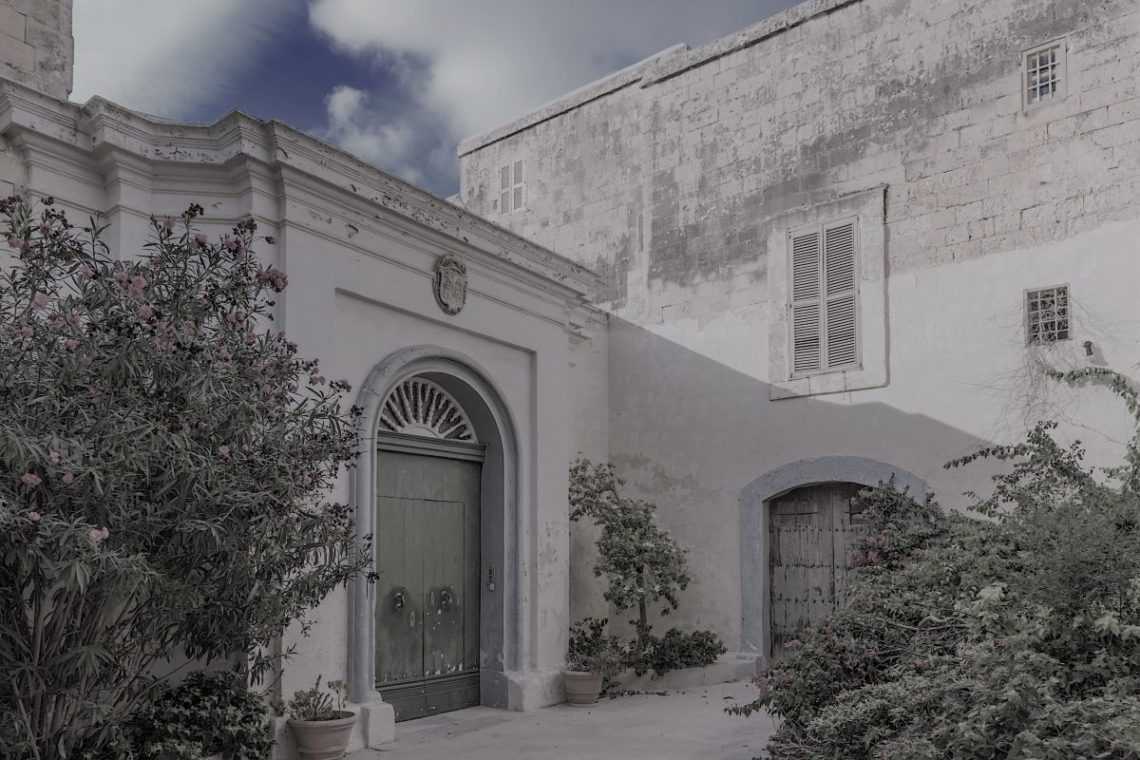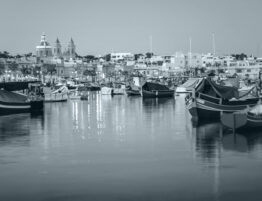
Malta is one of the few countries where the state funds public healthcare for all citizens through taxation and weekly national insurance contributions paid for by employers and employees. One may find both private and public healthcare sectors and presently, free healthcare is offered in 42 clinics, which are housed in 8 health centres.
Malta’s healthcare services
Malta’s main public hospital, Mater Dei, is the largest and most technologically advanced hospital in the country. It boasts over 800 beds, 25 operating theatres and a new oncology centre which is set to open in 2014.
The most recognized private clinic is St. James Hospital, which has numerous clinics offering a variety of services. These include cosmetic surgery, dentistry, eye surgery, obesity treatment and access to both general and specialized medical practitioners. All patients seeking private healthcare are required to cover the necessary payments, this can be done either through direct payment or private local health insurance policies.
Medical tourism has been growing steadily and is closely linked to private healthcare, offering both simple and complex treatment. Medical tourists normally enlist private services in order to avoid waiting lists. Given the high level of expertise offered by Malta’s most qualified specialists, together with its competitive prices and favourable climate, Malta is an idyllic place for treatment and recuperation. Choosing what type of care is needed depends on the individual’s desires, costs and waiting times.
How non-Maltese nationals can use Maltese health services
Most visitors to Malta buy private health insurance, but European Union nationals visiting Malta who are in possession of a European Health Insurance card (EHIC) may make use of public health services at no cost if they are injured or become ill. The EHIC does not cover persons travelling to Malta purely to seek medical treatment. Neither does it cover the medical transportation fees.
UK and Australian nationals who are in Malta for less than 30 days are also entitled to receive free healthcare. This is possible via a reciprocal health care arrangement between the countries.
Non-European Union residents or visitors to Malta who do not possess residency or do not pay national insurance will be responsible for covering all the costs of their treatment. It is advised that both EHIC and non-EHIC holders apply for Maltese health insurance. This is to guarantee full medical insurance coverage, especially in connection with medical expatriation, which can be very costly.
Health Insurance in Malta
Health insurance may be purchased from multiple local insurance companies. Prices are competitive, so researching and comparing costs are vital in securing the best policy per individual. It should be noted that this insurance does not cover pre-existing conditions.
In the case of a medical emergency, all patients are admitted and treated. Once the patient is stabilized, then measures will be taken to either prove their right to no cost care or to provide private insurance details or coverage.






